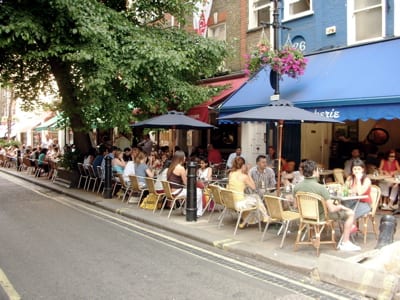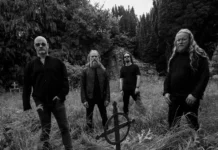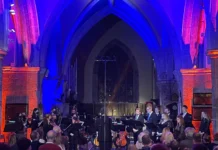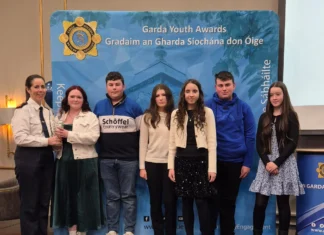Nearly 200 organisations and individuals have signed an Open Letter which was sent to Galway City Council today offering creative ideas on how we could ‘Change Our Streets’.
Led by the Galway Cycling Campaign, the city-wide alliance proposes making public spaces safer and more accessible for all ages and abilities for the duration of the COVID-19 emergency.
Among those who signed the letter are Galway Chamber, Westend Traders, hospital consultants, Engineers Ireland west region, Royal Institute of the Architects of Ireland west region, and residents associations.
All five Galway West TDs have also co-signed the Open Letter, as well as councillors and Senators.
The letter suggests many ways Galway City can be inspired by Milan’s Open Street scheme, where 35 km of road space will be reallocated to people walking and cycling.
In addition, the city will cut the speed limit to 30 km/h to reduce risk of road traffic collisions and make public spaces more pleasant for people walking.
Many local authorities have already taken action, such as the installation of a new contra-flow cycling lane in Dublin’s Nassau Street, car-free zones by Fingal County Council, and the pedestrianisation of Cork’s Marina.
Kevin Jennings, chairperson of Galway Cycling Campaign said: “In the absence of a vaccine or effective treatment for COVID-19, city life will only begin to thrive again if people feel safe to keep social distance.
“This is important for cocooners going for a stroll, parents with buggies, walking to the pharmacy, and anyone queuing for a coffee or outside a local shop.
“There is a narrow window of opportunity to ‘Change Our Streets’ while motorised traffic is at a lifetime low. We have high hopes for the ambition and action of Galway City.”
Molly Byrne, Professor of Psychology at NUI Galway, and member of the COVID-19 National Public Health Emergency Team (NPHET) Behavioural Change Subgroup said that people’s environments need to enable them to change their behaviours to adhere to social distancing in the months ahead.
“Urban design is critical to this,” she said. “Choices that the City Council makes can encourage these new behaviours we need to adapt in order to survive the COVID-19 pandemic.
“Reallocating road space to people walking and cycling and reducing speed limits during the coronavirus pandemic are quick and cheap ways that Galway city can help keep people in good physical and mental health.”
Restaurants, cafés, and bars have already called for more car-free areas, and JP McMahon of Aniar Restaurant and Tartare Café and Wine Bar called for more space on the streets.
“Restaurants, cafés and bars need more street space so people can ‘eat-on-the street’ and enjoy outdoor dining this summer while social distancing.
“Making more space to help restaurants and cafes to survive is paramount if we are to get through this pandemic together,” said JP McMahon.
Commenting on reduced road congestion, Dr Brian McNicholl, Consultant in Emergency Medicine, Galway University Hospital (GUH), said that GUH has seen asignificant drop in car crash attendances at the Emergency Department as there are less cars on the road.
“Cycling reduces the risk of interpersonal transmission of COVID-19 in cars and public transport. In the long term it reduces risk of heart attack, cancer and stroke.”
Racing cyclist Paralympian, World Champion medallist, and civil engineer Eoghan Clifford added that ‘Change Our Streets’ will have significant benefits for people with disabilities, mobility issues, and older people.
“Poor transport and urban planning limits people with disabilities significantly. While still fit and able to walk with aids, I make decisions on moving around the city based on trying to avoid poor or narrow footpaths which can cause – have caused – me to fall or lose balance.
“I know of someone who needs to use an electric wheelchair and is frequently pushed onto the roads by cars parked on footpaths.”
Martina Callanan, spokesperson for Galway Cycling Campaign added: “We have a unique opportunity to pilot new street arrangements, widen footpaths, and install temporary cycle lanes.
“These can be quick and cheap to do by using cones and planters. About 5,000 people use public transport in Galway.
“With the capacity less than 25% due to social distancing requirements, nearly 4,000 people will need an alternative way to move about the city.
“With almost 600,000 people on COVID-19 unemployment benefit, the humble bicycle offers an affordable transport option to many who may never have considered it since childhood.
“Together, we can trial low-cost car-free ideas that have worked elsewhere and ‘Change Our Streets’ in the city centre and residential areas for the duration of the pandemic.”













